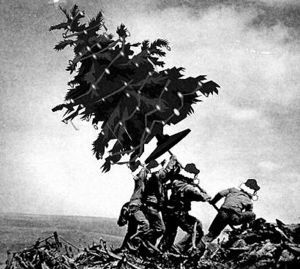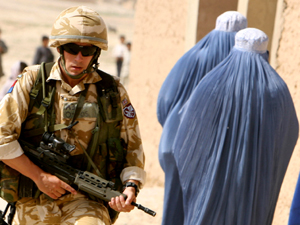 What is the greatest commandment? That is the question asked of Jesus in today's gospel verses. The answer is quite famous, though it is not original to Jesus. It is straight out of the Old Testament. "You shall love the Lord your God with all your heart, and with all your soul, and with all your mind. This is the greatest and first commandment. And a second is like it: You shall love your neighbor as yourself. On these two commandments hang all the law and the prophets."
What is the greatest commandment? That is the question asked of Jesus in today's gospel verses. The answer is quite famous, though it is not original to Jesus. It is straight out of the Old Testament. "You shall love the Lord your God with all your heart, and with all your soul, and with all your mind. This is the greatest and first commandment. And a second is like it: You shall love your neighbor as yourself. On these two commandments hang all the law and the prophets."As we work our way through Advent, drawing ever closer to Christmas, it is worth remembering that Jesus' coming is the beginning of something and not the end. Jesus' coming calls us to new life that is a fulfillment of "the law and the prophets." If God loves us so much that God came to earth in Christ, then it stands to reason that our lives are meaningful to God. One side of that coin is the joy of knowing God's love. But the other side of that coin is the responsibility to live meaningful lives in return, to love God back and to love all those others whom God loves so much. It's interesting to contemplate. If God considers my life worth "saving," then surely God expects my life to mean something.
O God, continue to show me the meaning and the purpose of my life.
Click here to learn more about the Daily Lectionary.








